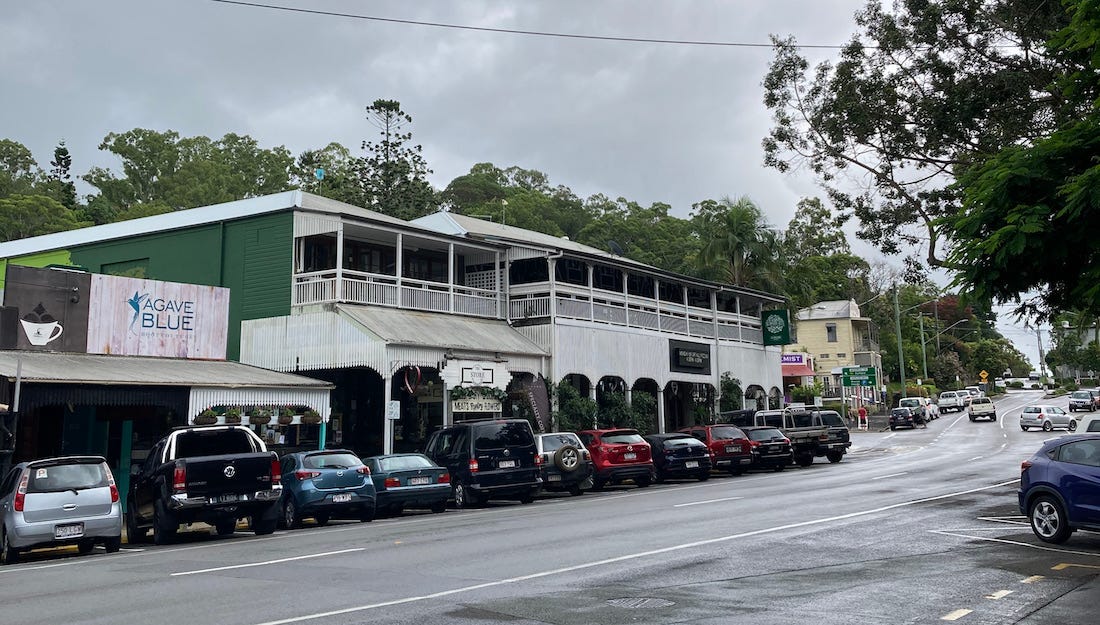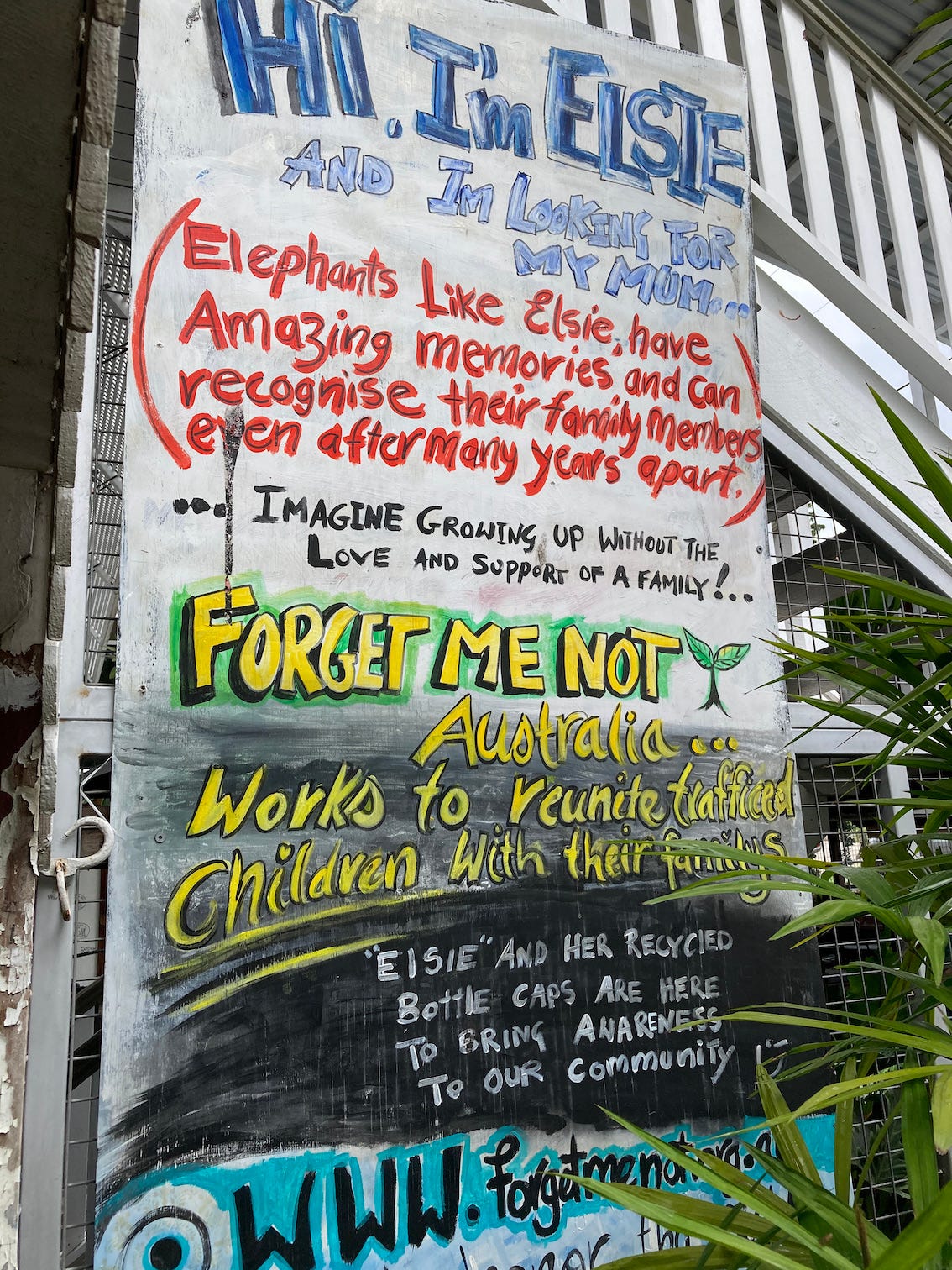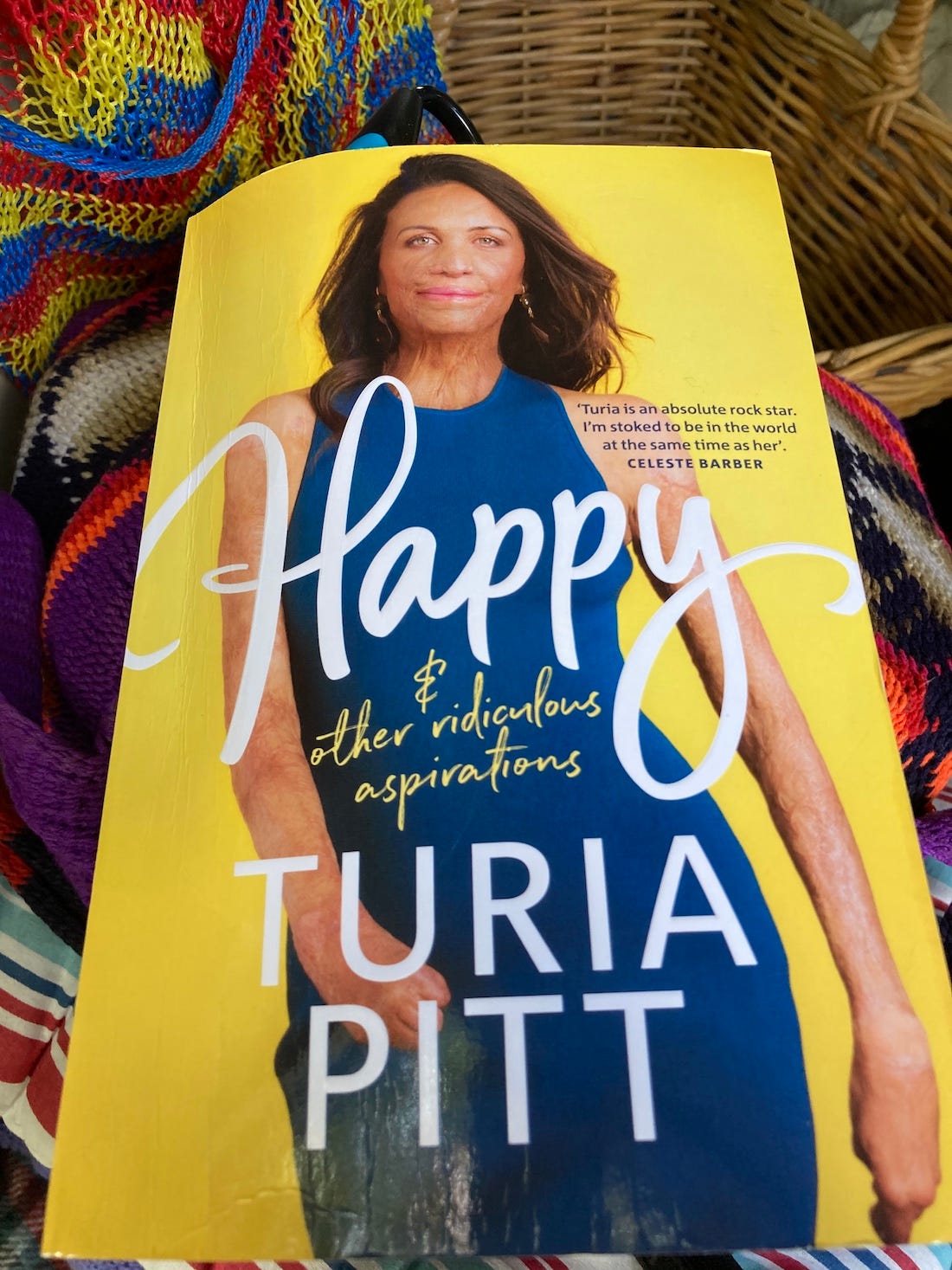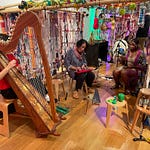Welcome back to a brand new year of Streets of Your Town podcasts!
Well, have I got news for you!
This latest episode comes to you from Eumundi—the bohemian hamlet in the Sunshine Coast hinterland. I’ve brought back an incredible yarn from Mel Manley—the owner of The Imperial, the main watering hole in town.
But before I tell you a bit more about Eumundi and more about Mel, let me tell you about the exciting news about Streets of Your Town podcast!
This little indie podcast that you have helped bring to life for the past three years and more than 60 episodes, that highlights a different slice of Australian life each episode, has been picked up by one of the big players. This podcast is now brought to you in collaboration with DM Podcasts—part of Diamantina Media, with more than 25 million downloads for a range of shows such as The Betoota Advocate and Chat 10 Looks 3.
They’re also affiliated with Australian Radio Network’s (ARN) iHeartPodcast Network Australia, which potentially takes these quintessential Australian stories to a much wider audience.
I’m thrilled to be part of ARN’s suite of shows that support Australian audio content and creators.
Thanks for getting me this far my Wandering Journo tribe!
Reuniting “orphans”
How do you come back from devastating defeat? What do you do to recover when you realise something you believed in, is not anything like what you thought it was?
Mel Manley is the owner of The Imperial Hotel at Eumundi, which under her creative guidance has become the main meeting place in this Sunshine Coast hippy town.
She is also a great believer in giving back, and so supported the establishment of an orphanage and charity in Nepal, in the hope of giving children there a safe place where they could receive education, good food and were safe from harm.
“We helped start an orphanage, which we thought was a great thing at the time. The orphanages over there are fairly, some of them are really grim,” Mel says.
“No mattresses on the beds, kids walking around with just a bit of a string round them, no pillows, no clothing, no food.
“So we thought that would be a good idea.”
But years later, after gaining the trust of the children in their care, she discovered those children had living families, and were not in fact orphans.
“Through many years of getting to know this original group of 20 girls that we were looking after, when they began to trust us, they said, ‘You know Auntie, I have a mother.’ And I’m like, ‘Oh yes, yes’, but we had death certificates, all stamped, signed, sealed, delivered to say they were actually orphans. And they said, ‘No auntie, this is fake.’ Like, what?”
As Mel later realised, this was part of a global trend.
The number of orphanages across the developing world has grown dramatically in recent years. Research shows that more than 80% of children in these orphanages are NOT orphans at all. The children are often taken from their families, trafficked into orphanages and used to generate funds, in a form of modern day slavery.
Mel says when they realised they had been duped, it was devastating.
“Our partner in Nepal knew full well these kids were from other families or had families who had been duped into signing over their kids,” she says.
“Most of them were illiterate and didn’t know what they were signing and thought they were giving their life savings for their children to go to Kathmandu, to boarding school. Education was the lure on most accounts and with civil war, and poverty…there’s no social welfare like we have here and the hope that their children might become a doctor or a lawyer and be able to support them in their old age was a very big lure to give over whatever they had and their child.
“And then these traffickers who had all fake IDs, et cetera, would just give the documents to the orphanage and change the kid’s name, never to be seen again.”
Mel tells how she came back from the devastation of realising she had been so cruelly deceived.
She is now the chief advocate for the charity Forget Me Not, which has reunited 700 orphans from Nepal, Uganda and India with their families.
She says a crucial part of the charity’s process is to support these children to readjust to normal family life once they are reunited with their parents.
“So we’ve turned way away from the orphanage model, and we’ve turned to a model where we support the families to be able to support their families,” she says.
“Micro-finances like in Uganda, we do things like child-headed households because with a lot of the civil unrest over there and AIDS, a lot of the adults were gone.
“We either do the Nana Project, where the Nanas are supported financially to help keep their kids in schools and keep the family unit together, the siblings, or we do child-headed households. So where the oldest child has the responsibility, we do things like they make mud bricks, we breed goats.
“FMN or Forget Me Not now is a charity that works in collaboration with governments overseas.
“And we go into the orphanages, we assess the children with the governments. And once they’re rescued from that orphanage, we provide a transit home and a methodology where we find their families, assess the family situation. And then we slowly reunite those children with the family.”
She says part of their work is also educating people not to donate to these orphanages.
“When you donate to an orphanage, you’re fueling the demand for orphans. They have to find them from somewhere because demand exceeds supply,” she says.
Forget Me Not has now reunited 700 children from Uganda, India and Nepal with their families.
The Imperial Hotel at Eumundi has an elephant made out of plastic bottle tops out the front of the pub as a reminder of the work that FMN is doing, and how we can help support children to live with their families all around the world.
So please do listen to the podcast (if you’re reading this in email or on the website, it’s via the link at the top) or on Apple Music or Spotify, and if you like what you hear don’t forget to share this newsletter or a link to the podcast with your mates.
Behind the scenes
Eumundi is such a gorgeous little town. As you can see it’s one of the few towns left with a servo on the Main Street—where you’re not allowed to put the petrol in yourself but rather have to WAIT FOR SERVICE! Mildred the cantankerous kombi was in her element as you can see!
It has wonderful quaint touches such as this permanent town piano on the Main Street. If you listen in carefully to the podcast you can hear someone tinkle the ivories while Mel and I are talking. It’s a real focal point for this creative artistic oasis of a town.
What I am reading
After going through my usual frantic tumultuous end to last year and feeling like the new year was getting away on me before it even began, this book saved my sanity. Happy (and other ridiculous aspirations) by the phenomenal Turia Pitt, is just the tonic we all need. Reading it feels like you’re sitting on the couch with Turia having a natter, rather than being preached to as many “self-help” books tend to do. I am sure this book is part of the reason I got out of my end of year/beginning of year/what’s going on with my life funk and found Mel up at Eumundi and inspired me to keep bringing stories from streets of your town around Australia to you.
Talk soon! And stay safe my wonderful, supportive Wandering Journo tribe!
Nance
















